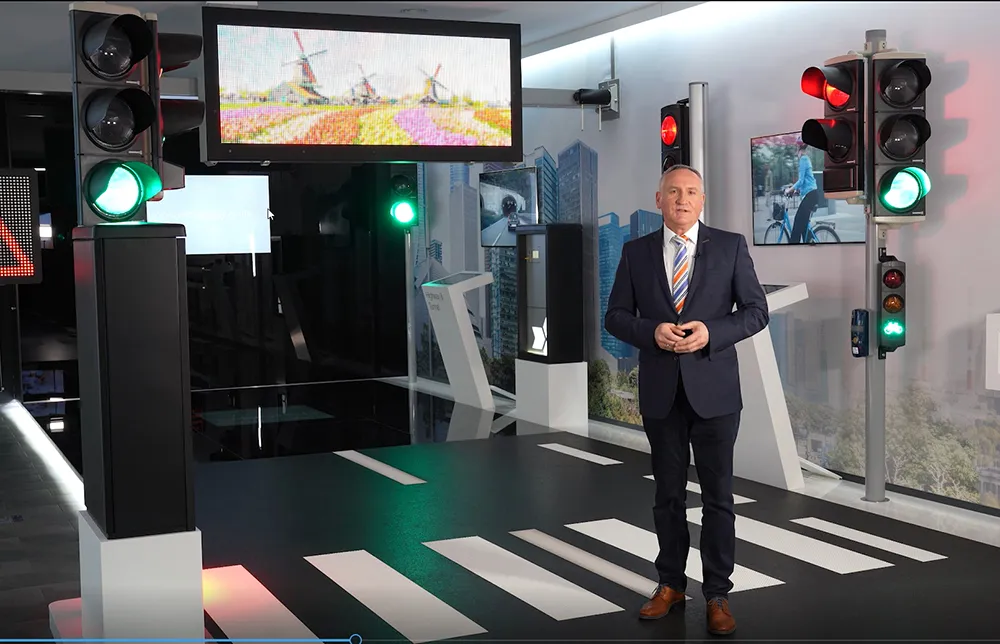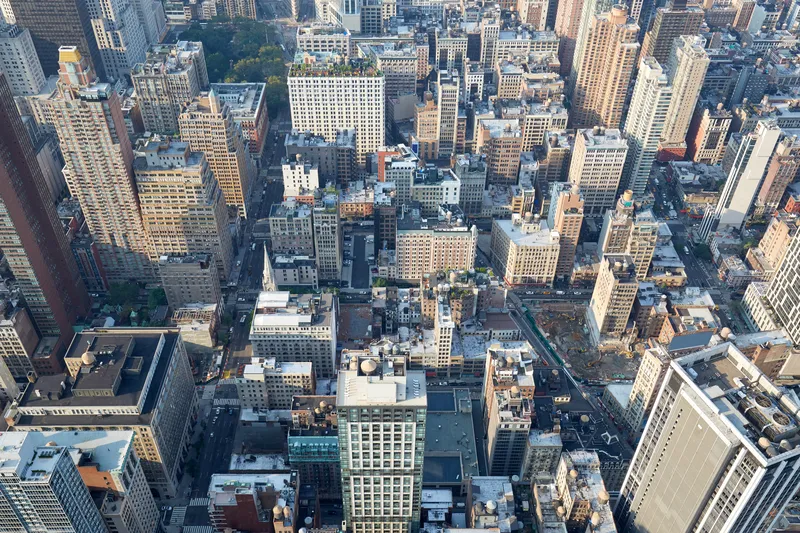The 49th ASECAP Study & Information days will focus on how to decarbonize the road infrastructure to reach the objectives set up by Elected officials to have Europe first zero carbon continent and to ensure a resilient, robust and safe road infrastructure network but also how to face this unprecedented situation combining COVID-19 and war between Ukraine and Russia. High level personalities from the EU institutions, will provide their thoughts on actions, to prepare credible decarbonization plans as well as realistic financing schemes to reach the challenges set by the EU Green Deal, reinforced by the EU Climate Law and Fit for 55 in 2030 and to face economy challenging.

24th November, 2022 - 25th November, 2022
Event Location
Brussels, Belgium










